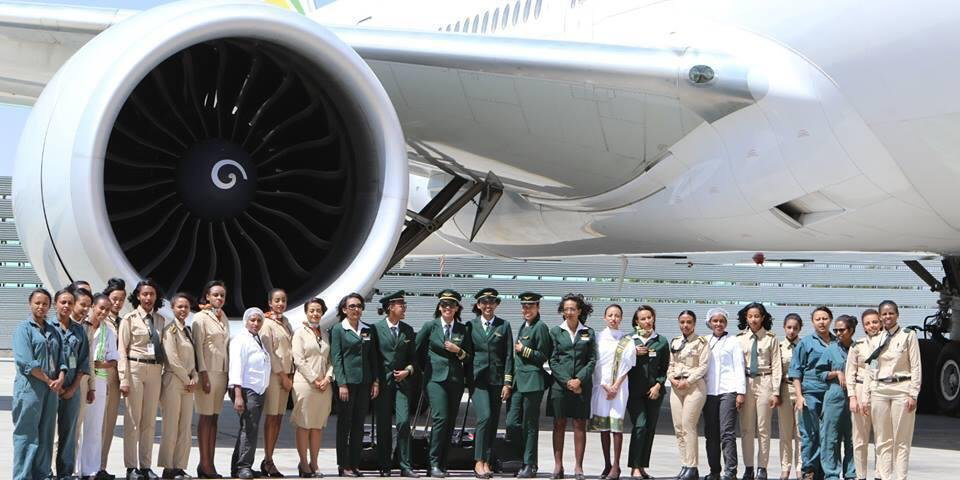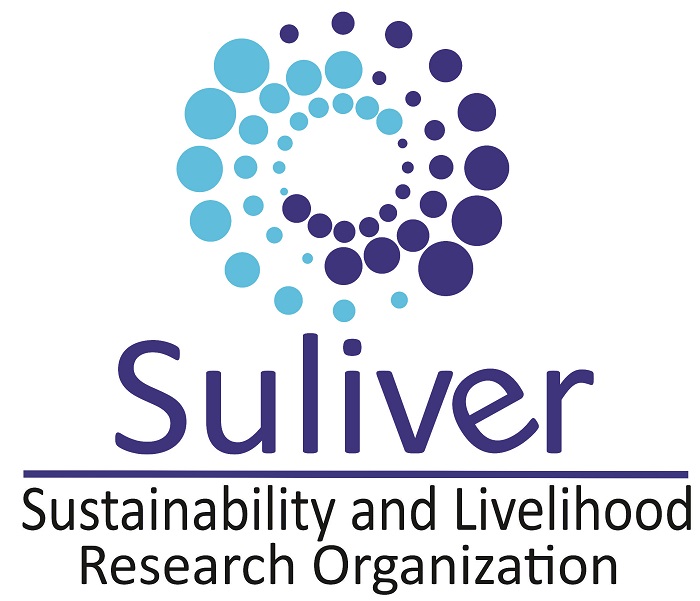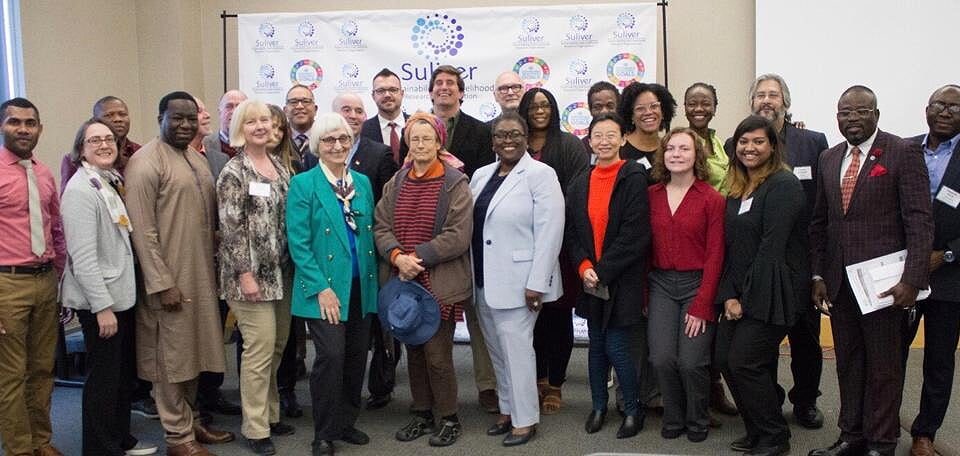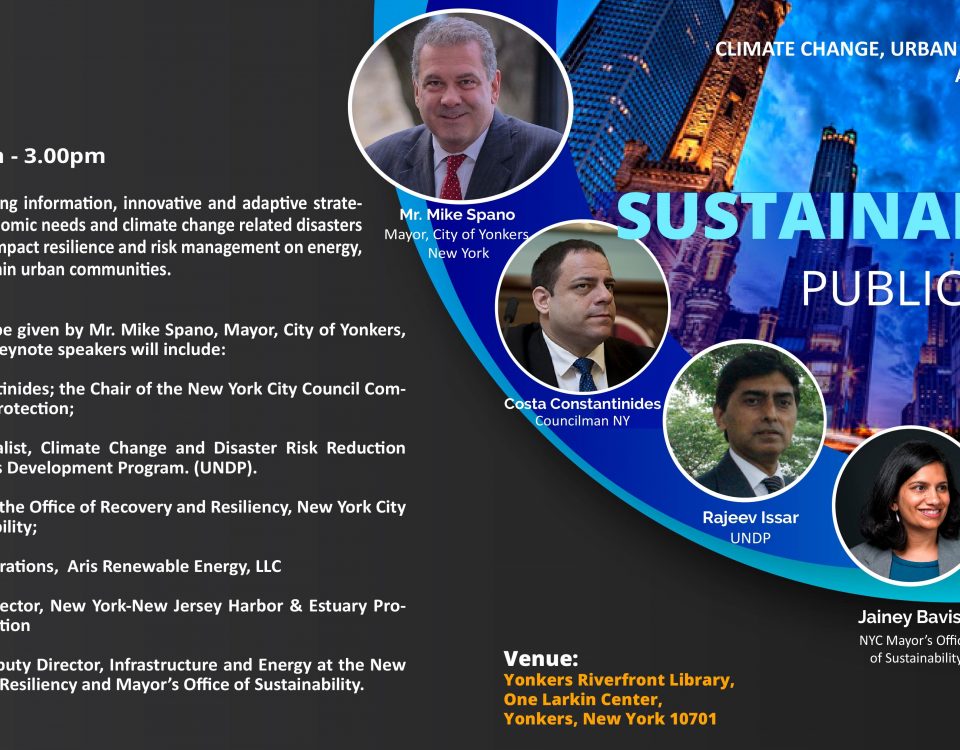
.
Women: The Force Behind the Achievement of Sustainable Development Goals

As the world celebrates the International Day of Women today, it is imperative to highlight the critical role of women in the realization of the 17 Sustainable Development Goals (SDGs) mapped out by the United Nations.
From the MeToo movement and the Time’s Up agitations in the United States to efforts to end genital mutilation of girls in Africa, the elimination of all forms of discrimination against women defines and fosters the role of women in the realization of all the SDGs.
Although it took a United Nation’s declaration in 1993 to confirm that women’s right are human rights, their freedom is intrinsically tied to the future of sustainable development and social inclusion around the world. This is because gender equality is a right. As the UN Women argues, “Fulfilling this right is the best chance we have in meeting some of the most pressing challenges of our time - from economic crisis, basic education and lack of health care, to climate change, violence against women and escalating conflicts.” Women are disproportionately affected by these problems. For instance:
• Over half a million women continue to die each year from pregnancy and childbirth-related causes.
• Rates of HIV infection among women are rapidly increasing. Among those 15-24 years of age, young women now constitute the majority of those newly infected, in part because of their economic and social vulnerability.
• Gender-based violence kills and disables as many women between the ages of 15 and 44 as cancer. More often than not, perpetrators go unpunished.
However, women also possess ideas and leadership to meaningfully address them. While gender discrimination holds too many women back, it also holds back the realization of the SDGs around the world.







